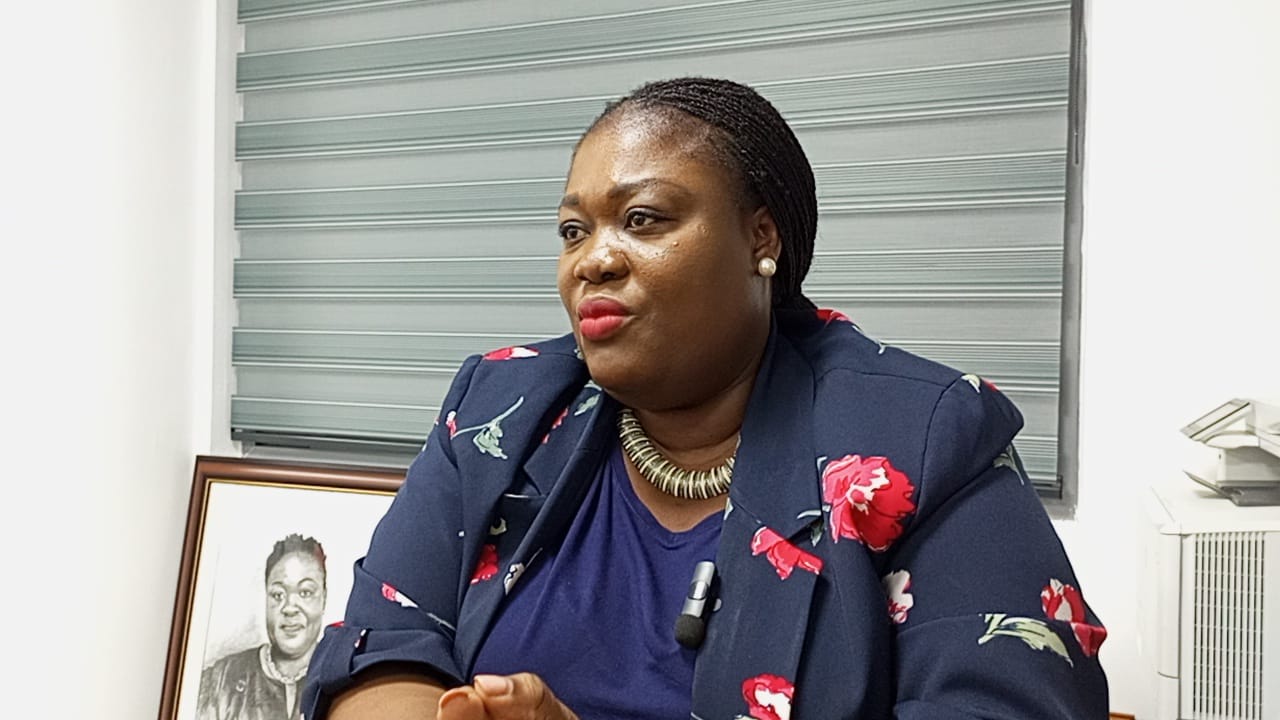adverts
VIDEO: Democracy Hub Protesters broke the law, not arrested for protesting- Deputy AG
The Deputy Attorney General and Minister of Justice, Diana Asonaba Dapaah, has clarified that the recent arrests of Democracy Hub protesters were not due to their participation in a demonstration but because they violated key provisions of the law during the protest, infringing upon the rights of other citizens.
Speaking in an interview with Puretvonline.com, Madam Asonaba cited Article 12(1) of the 1992 Constitution of Ghana, which states that “the fundamental human rights and freedoms enshrined in this Chapter shall be respected and upheld by the Executive, Legislature, and Judiciary, and shall be enforceable by the courts. These rights are guaranteed to all individuals in Ghana, but are subject to respect for the rights and freedoms of others and for the public interest.”
She expressed concern that some Ghanaians misinterpret the Constitution to justify unlawful actions without considering the full legal framework.
adverts
According to her, the actions of the protesters went beyond their constitutional right to demonstrate and infringed upon the rights of others, leading to their lawful arrest.
Madam Asonaba specifically referenced the Public Order Act, 1994 (Act 491), which outlines the legal procedures for holding demonstrations in Ghana.
According to Section 1 of the Act, individuals or groups planning a protest must notify the police at least five days in advance and provide details such as the location, nature of the event, proposed route, and time of commencement. The police are also empowered to request a postponement or relocation of the event if they have reasonable grounds to believe that the demonstration might lead to violence, disrupt public safety, or violate the rights of others.
Additionally, she highlighted Section 3 of the Public Order Act, which holds protesters liable for any damage caused to public property and requires them to obey police directions to maintain order during the event. She stressed that the protesters failed to adhere to these legal requirements, thus justifying the actions taken by law enforcement.
“The law is clear. The right to protest does not include blocking traffic or causing public disorder. If these protesters did not breach the law, anyone who claims otherwise can confront me, and the government will release them,” Madam Asonaba firmly stated.
She also addressed concerns about the denial of bail to the protesters, despite the fact that most offences in Ghana are considered bailable.
According to her, while the Constitution allows for bail, the police and courts have the discretion to deny it based on the nature and severity of the offence.
“Granting bail is a legal right, but it is not automatic. There are specific guidelines that influence whether or not bail is granted, and in certain cases, the courts or police may decide to withhold bail depending on the circumstances surrounding the offence,” she explained.
Madam Asonaba concluded by cautioning against selective interpretation of the law, reminding citizens that while the Constitution guarantees fundamental rights, those rights must be exercised in a manner that respects the laws and freedoms of others.
She reiterated that the government remains committed to upholding the rule of law and ensuring that demonstrations are conducted lawfully and without infringing on public safety or the rights of other individuals.
Watch the full interview here:


